SUMMARY
This is AI generated summarization, which may have errors. For context, always refer to the full article.
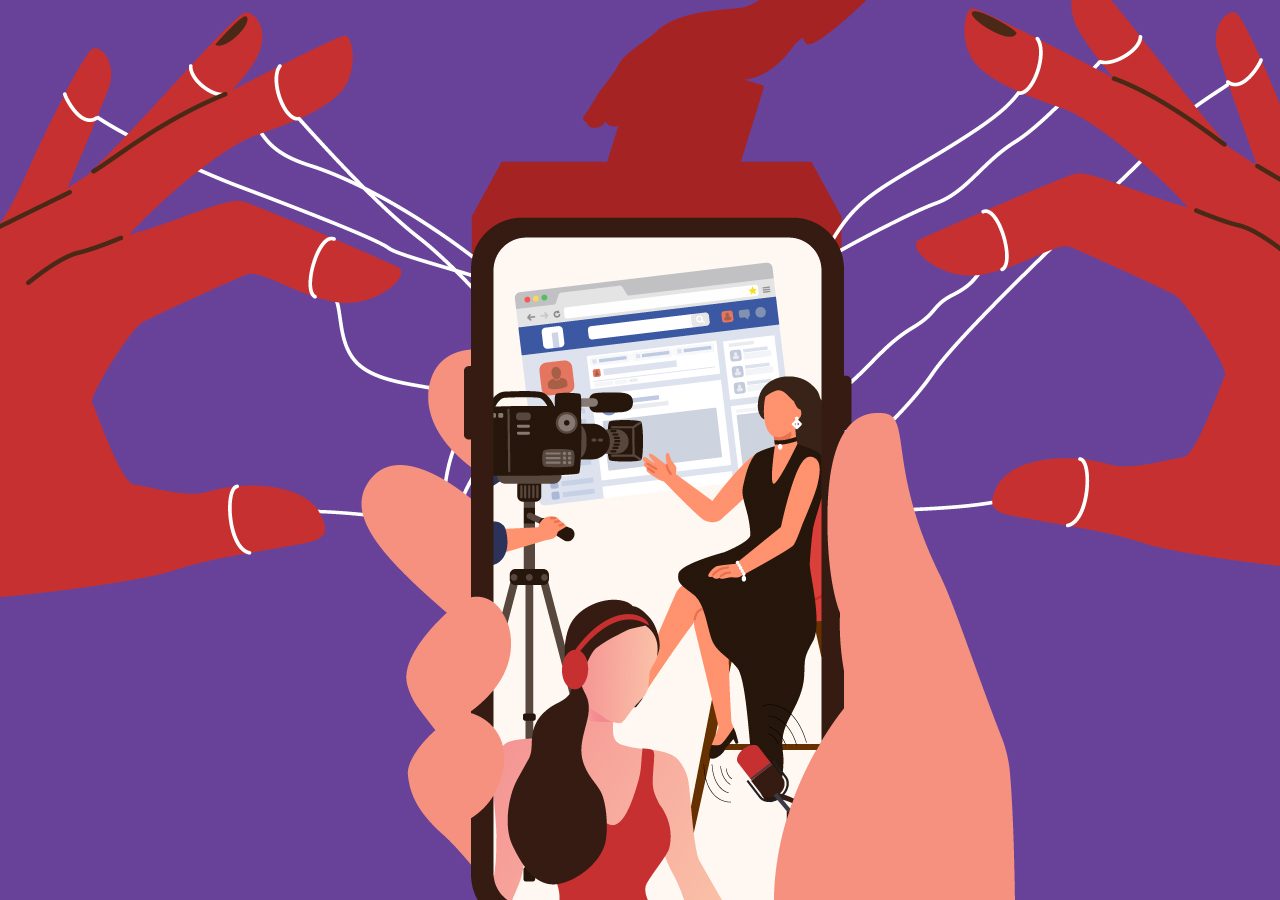
MANILA, Philippines – Researchers from the University of the Philippines (UP) College of Mass Communication found that different kinds of non-traditional accounts, pages, and groups were among the dominant actors in social media conversations related to the 2022 Philippine national elections.
This was among the findings of the Digital Public Pulse project, which investigated networks, conversations, and interactions on social media related to the recent elections. The full research report of the findings was released Monday, October 17.
“Politicians have long relied on political intermediaries to engage voters ‘on the ground’ on their behalf…. The rise of digital media as a key political battleground has introduced new political intermediaries as well,” the project’s report read.
The project looked into publicly available social media data from major platforms Facebook, Twitter, and YouTube from May 2021 to May 2022. Data analysis was divided into two components: the first looked into online communities and influential actors involved in election discourse, while the second focused on textual analysis of election-related conversations.
In the report, researchers listed down different categories of new political intermediaries, including hyperpartisan media, entertainment personalities, and online groups, and found that the traditional “gatekeeping” function of mainstream media had eroded in the context of election discourse online.
Rise of influencers, ‘gray area’ accounts, entertainment figures
Researchers dubbed non-traditional political actors such as influencers and content creators the new “agenda-setters” for political issues and messaging across platforms. For instance, hyperpartisan vloggers and “news” channels on YouTube further conflated support for Ferdinand “Bongbong” Marcos Jr. through videos riddled with false claims about the Marcos family and their legacy, as well as incendiary attacks on political opponents.
Digital “native” accounts, which researchers defined as accounts that “straddled” between their non-political identity and political activity, were also among the identified key intermediaries. These “gray area” accounts can possibly “[manipulate] unsuspecting publics” because of their ambiguous identities. On Facebook, the study found that meme pages, community groups, and buy-and-sell groups tended to share “personalized” political posts suggesting support for Marcos.
The study also discovered that Philippine entertainment had an “intimate relationship” with Philippine politics in the context of treating politicians like celebrities, as evidenced by how entertainment talk show guestings are among the most recommended videos on YouTube. This was also shown in how high-profile celebrities on Twitter became vocal about their political stances in the lead-up to election day.
“Entertainment personalities build their own media platforms online by turning politics into media spectacles for the digital economy,” the report said. (Star power: Which local celebrities are endorsing which 2022 presidential candidates?)
Mainstream media no longer gatekeepers of political discussion
The report also noted that while mainstream media organizations were still prominent actors online, their influence was “limited” to the same news-reading audiences who engage with their content. In contrast, non-traditional actors like influencers and content creators are more effective in bridging communities of audiences compared to traditional media.
“While mainstream news media still towers as a source of election news, they, and their news-reading, news-consuming audiences, have become more distant from the rest of the digital public, as other actors take on more diverse audiences and become preferred news sources by engaging in partisan content creation,” the report said.
Additionally, researchers found that partisan communities tend to prefer particular news sources. For instance, the study found that supporters of Marcos were often clustered with hyperpartisan network SMNI News, owned by embattled pastor Apollo Quiboloy, who had endorsed the Marcos-Duterte tandem ahead of election day. Supporters of former vice president Leni Robredo were often closely linked to mainstream media outlets such as Rappler, ABS-CBN, and Philippine Star.
The report also noted that politicians can directly engage with their supporter bases online through their verified accounts and can afford to disregard mainstream media altogether.
Apart from election networks, the study looked into how political actors were legitimized or delegitimized online, and how such “highly polarized” discussions suggested an either-or choice between two major camps despite the presence of several other candidates.
The study also investigated political manipulation in the 2022 elections, including the emergence of “kalye surveys,” and how the arbitrary, inconsistent, and possibly partisan manner of asking questions tends to present certain biases and sweeping claims that are unsupported by fair and conclusive data. Chapter subsections on political manipulation were first published on Rappler and presented in research briefings organized by #FactsFirstPH.
The report also provided recommendations for the government, media, civil society, tech platform companies, academics, and the public on their roles post-election, and on how they can protect Philippine democracy “from those that undermine it within and beyond digital platforms.”
The Digital Public Pulse project was co-led by Jon Benedik Bunquin and Fatima Gaw, co-convenors of the Philippine Media Monitoring Laboratory at the UP Department of Communication Research.
Those interested may request a copy of the full report here. – Rappler.com
Add a comment
How does this make you feel?
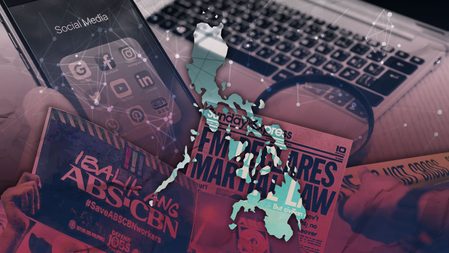
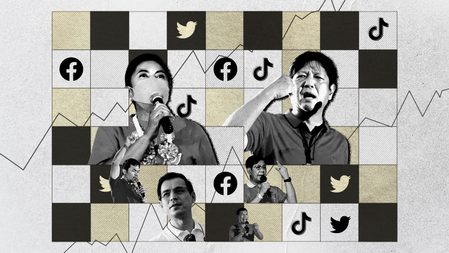
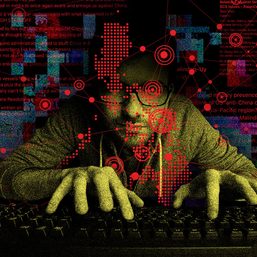

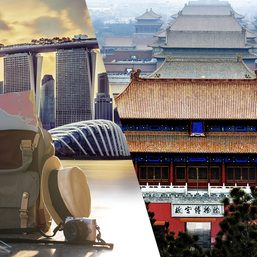
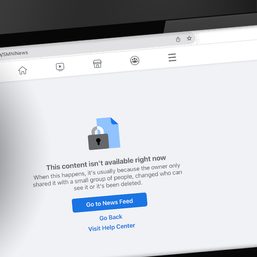
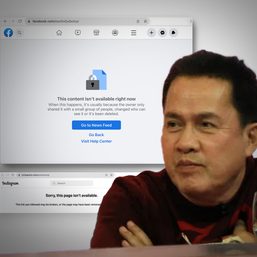
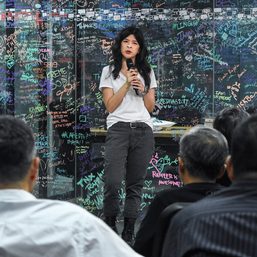
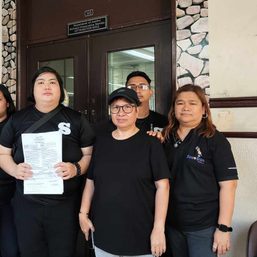

![[Newsstand] The media is not the press](https://www.rappler.com/tachyon/2024/04/tl-media-is-not-the-press-04132024.jpg?resize=257%2C257&crop=281px%2C0px%2C720px%2C720px)
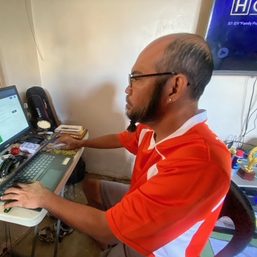
![[Uncle Bob] The carpenters](https://www.rappler.com/tachyon/2024/03/women-influencers.jpg?resize=257%2C257&crop=230px%2C0px%2C720px%2C720px)
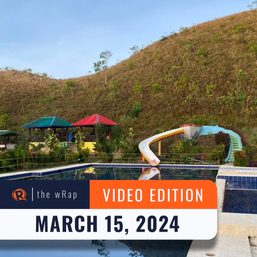

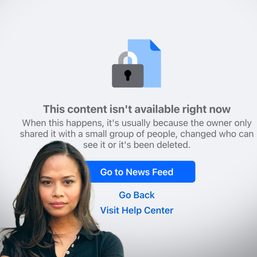
![[Under 3 Minutes] TikTok flexes its influence at Creators Night 2023](https://www.rappler.com/tachyon/2023/12/under-3-minutes-tiktok-creators-night-ls.jpg?resize=257%2C257&crop_strategy=attention)
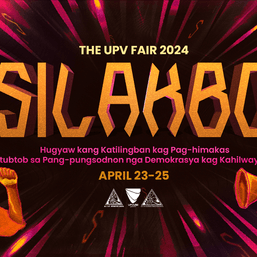
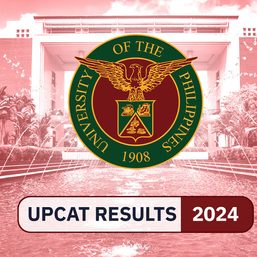
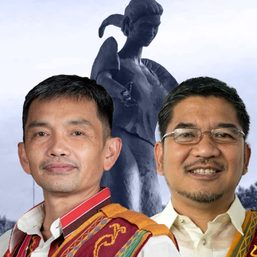
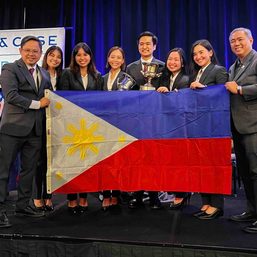

There are no comments yet. Add your comment to start the conversation.